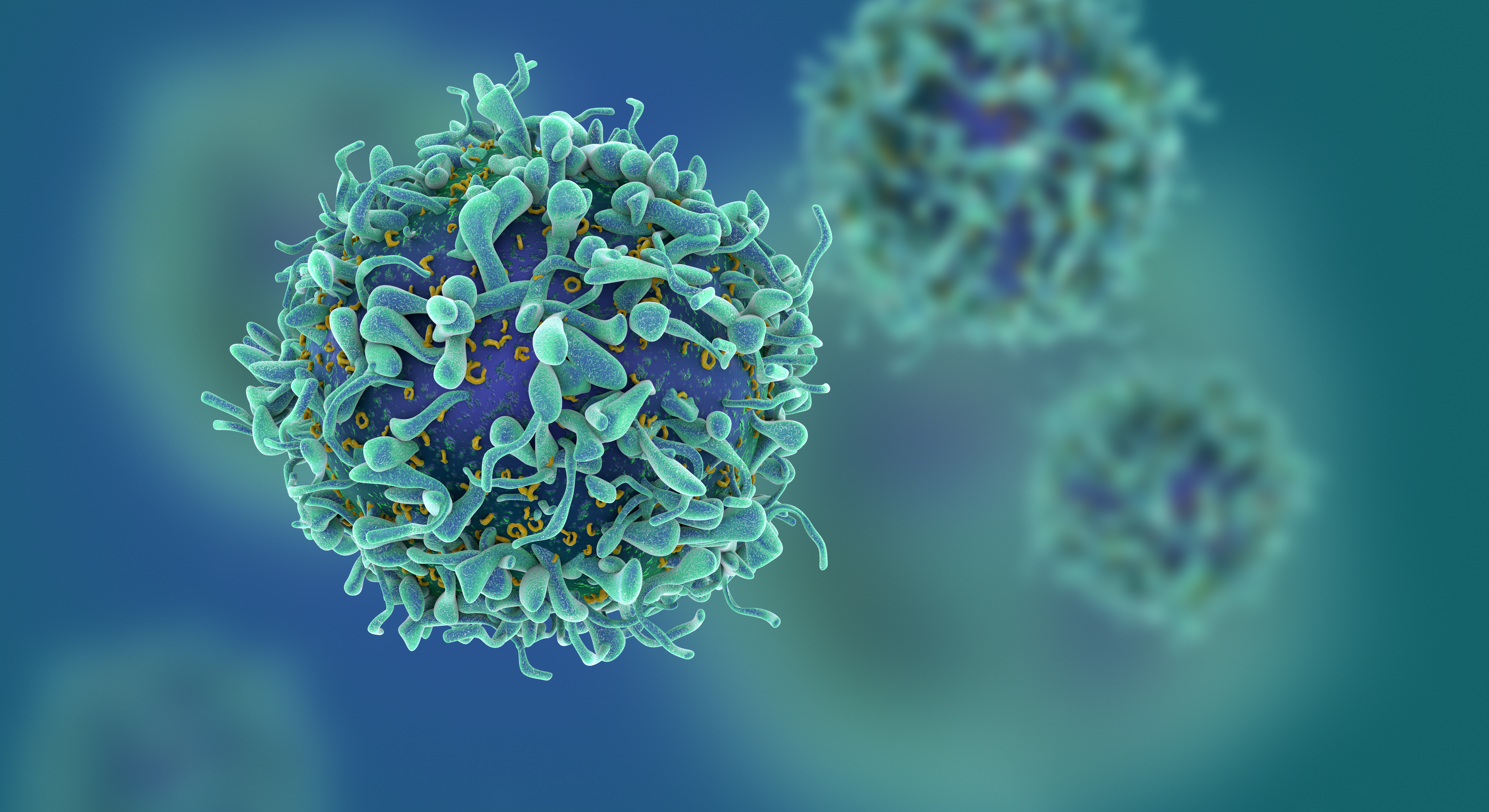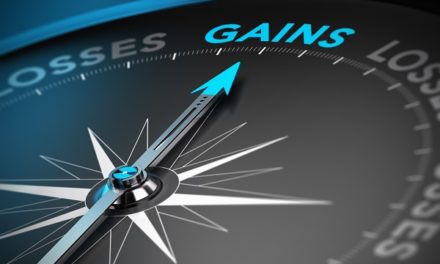
“Someone’s sitting in the shade today because someone planted a tree a long time ago.”
— Warren Buffett
The wisdom of Warren Buffett reflects a value-based philosophy about investing that says investors are buying shares in a business, and encourages strategic thinking about investment time horizon. Before placing a buy order for a stock, a great question we can ask is whether we would still be comfortable making the investment if we couldn’t sell it for many years?
A “buy-and-hold” approach may call for a time horizon that spans a long period of time — maybe even lasting for a two-decade holding period. Suppose such a “buy-and-hold” investor had looked into buying shares of Applied Materials, Inc. (NASD: AMAT) back in 2002. Let’s take a look at how such an investment would have worked out for that buy-and-hold investor:
| Start date: | 07/01/2002 |
|
|||
| End date: | 06/30/2022 | ||||
| Start price/share: | $18.03 | ||||
| End price/share: | $90.98 | ||||
| Starting shares: | 554.63 | ||||
| Ending shares: | 735.09 | ||||
| Dividends reinvested/share: | $7.65 | ||||
| Total return: | 568.78% | ||||
| Average annual return: | 9.96% | ||||
| Starting investment: | $10,000.00 | ||||
| Ending investment: | $66,856.94 | ||||
The above analysis shows the two-decade investment result worked out well, with an annualized rate of return of 9.96%. This would have turned a $10K investment made 20 years ago into $66,856.94 today (as of 06/30/2022). On a total return basis, that’s a result of 568.78% (something to think about: how might AMAT shares perform over the next 20 years?). [These numbers were computed with the Dividend Channel DRIP Returns Calculator.]
Notice that Applied Materials, Inc. paid investors a total of $7.65/share in dividends over the 20 holding period, marking a second component of the total return beyond share price change alone. Much like watering a tree, reinvesting dividends can help an investment to grow over time — for the above calculations we assume dividend reinvestment (and for this exercise the closing price on ex-date is used for the reinvestment of a given dividend).
Based upon the most recent annualized dividend rate of 1.04/share, we calculate that AMAT has a current yield of approximately 1.14%. Another interesting datapoint we can examine is ‘yield on cost’ — in other words, we can express the current annualized dividend of 1.04 against the original $18.03/share purchase price. This works out to a yield on cost of 6.32%.
More investment wisdom to ponder:
“While some might mistakenly consider value investing a mechanical tool for identifying bargains, it is actually a comprehensive investment philosophy that emphasizes the need to perform in-depth fundamental analysis, pursue long-term investment results, limit risk, and resist crowd psychology.” — Seth Klarman




